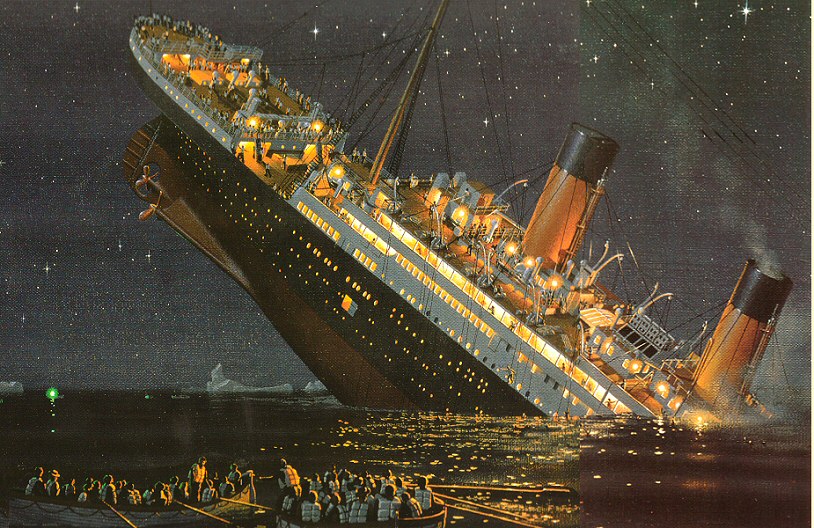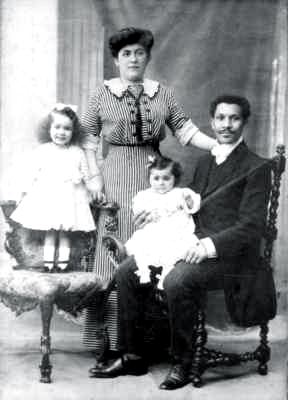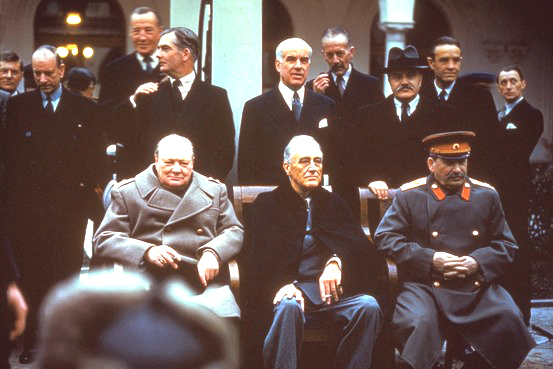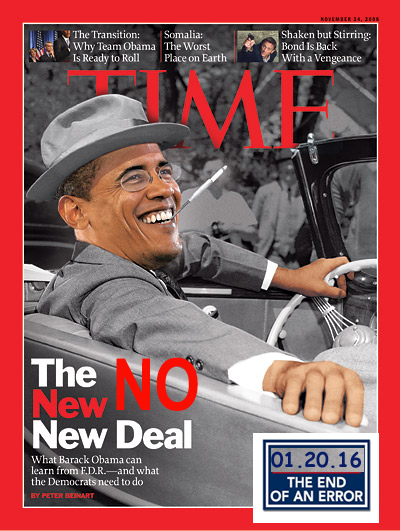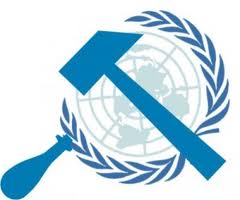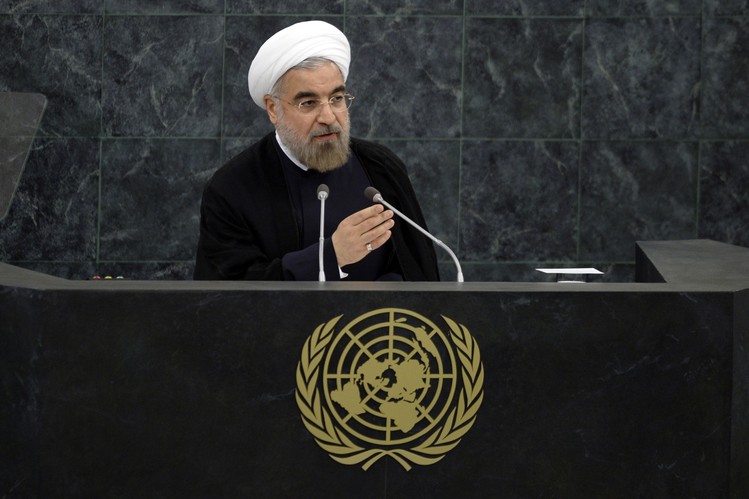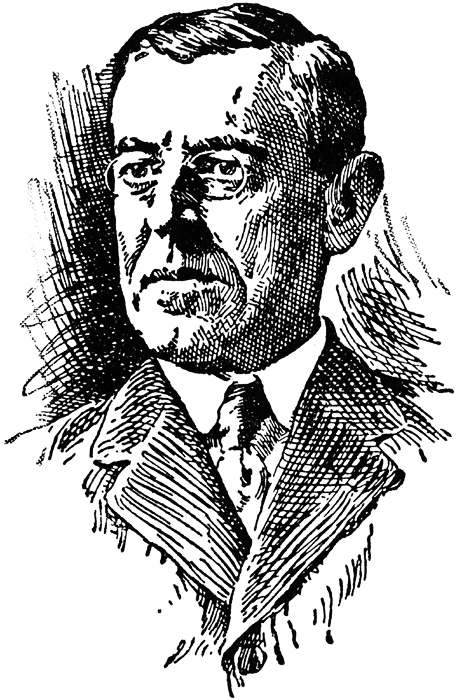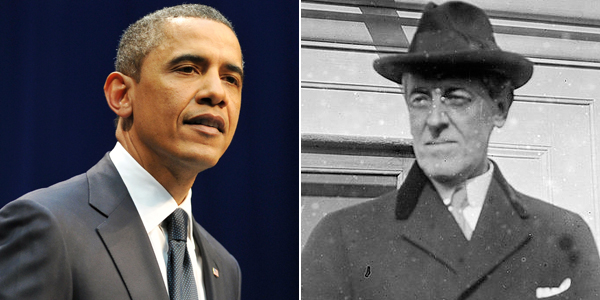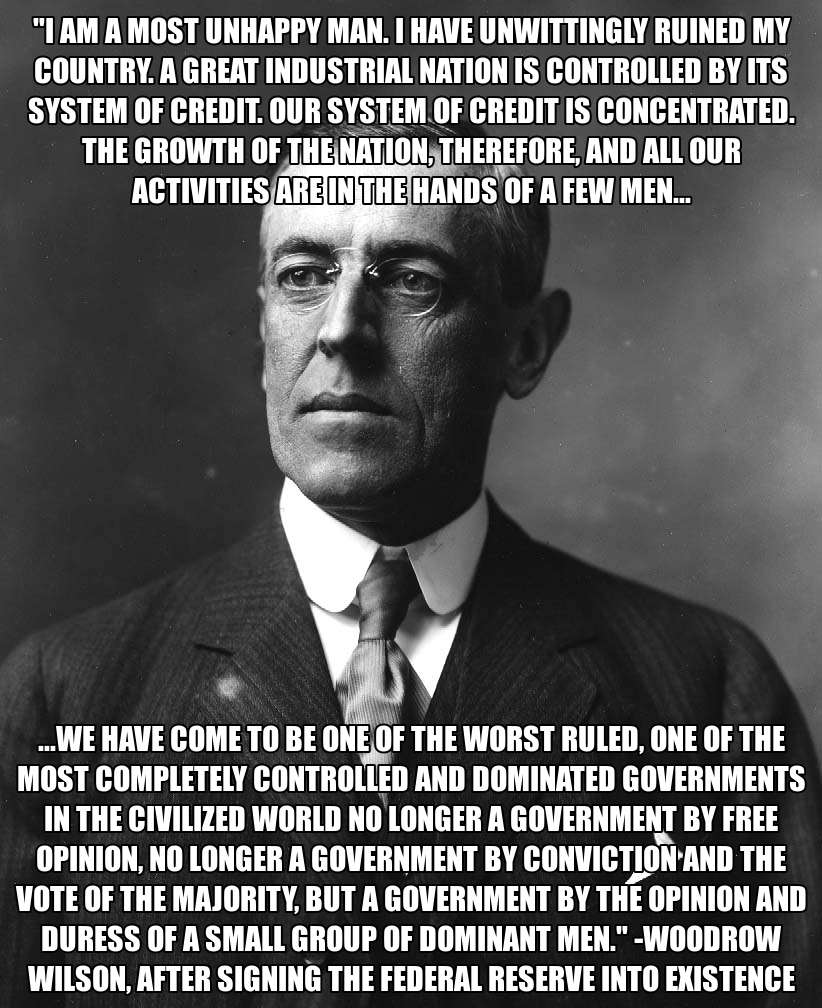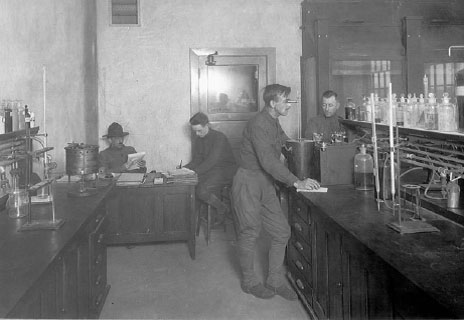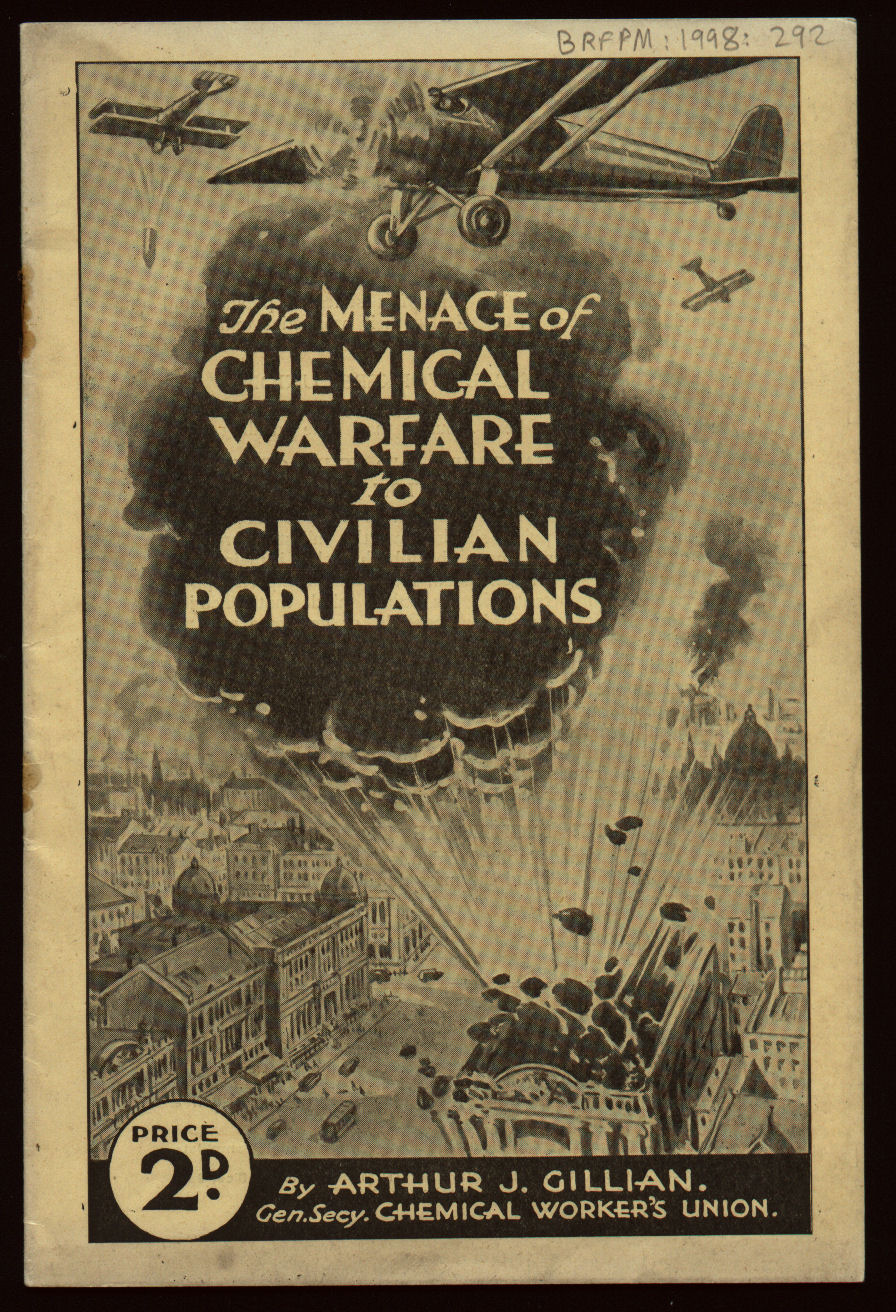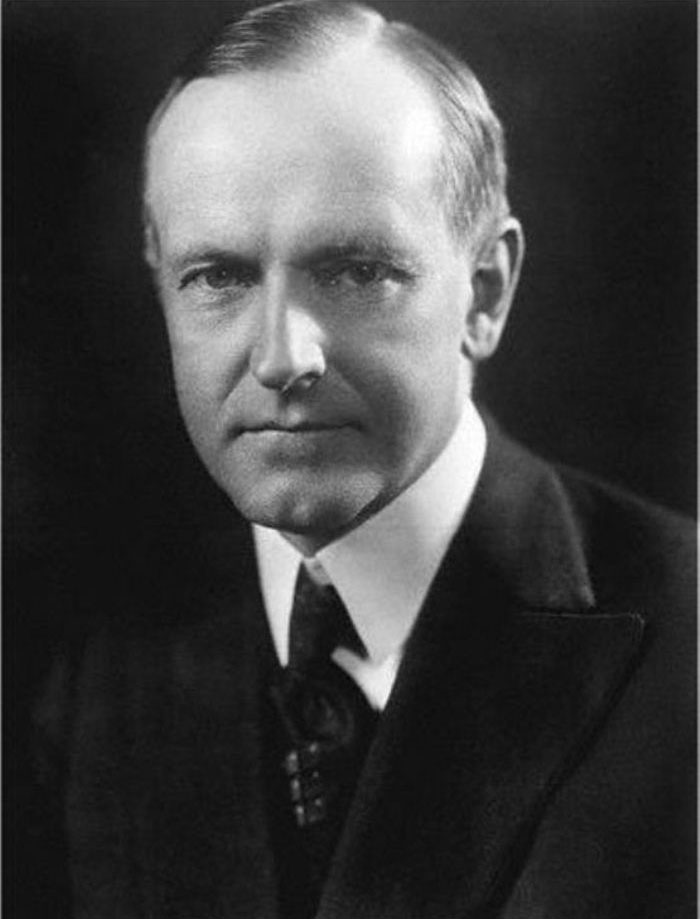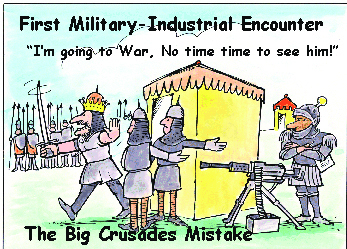Obama vs. Lyndon Johnson - No Contest
 Wednesday, October 2, 2013 at 12:10AM
Wednesday, October 2, 2013 at 12:10AM  During the course of any day many different people normally offer the conciliatory "Hello, how are you?" greeting and then turn away without waiting for any reply, no intended insults taken either--everyone is polite, but busy. Occasionally conversations take up after the perfunctory salutations, then it can be an opportunity to share ideas about the weather or more substantive topics.
During the course of any day many different people normally offer the conciliatory "Hello, how are you?" greeting and then turn away without waiting for any reply, no intended insults taken either--everyone is polite, but busy. Occasionally conversations take up after the perfunctory salutations, then it can be an opportunity to share ideas about the weather or more substantive topics.
Lately, however, I have realized that I have been in amongst an ever-growing population of the living dead; Vampires, a pejorative description for liberals who may appear to be regular people. Contrary to popular misconceptions about the mythical Vampires, they can stand the light of day but not direct sunlight because they will sparkle showing what they really are--it sounds just like Vampire Liberals who cannot withstand any media spotlight highlighting their true colors, otherwise people should fear them as well.
The unfortunate tragedy here is that many of these Vampire Liberals are unaware they are transformed into the walking dead. They have been unknowingly programmed due to repeated exposure from a barrage of left-wing mainstream media assaults at home while inundated with propaganda under the auspices of the federally funded liberal school curriculums. The left-wing agenda has literally permeated the whole societal fiber of the citizenry today in order to control the politics.
So how does this trend reverse itself? Sadly the quick answer is a very slow one as it has 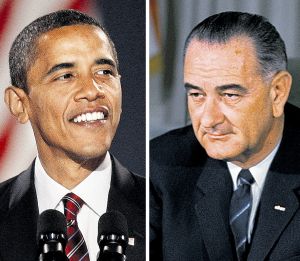 taken from 1960 to 2013, fifty years plus, to indoctrinate two generations into joining federal entitlement programs. A generation is defined as thirty years it takes for a person to be born and to have children of his own. Lyndon Johnson started "The Great Society" program to mimic the FDR "New Deal" program which then encompassed "The Civil Rights Act" and "Medicare Act". Lyndon Johnson, who was ambivalent to the Civil Rights Bill changed his tune when he realized he could put a lock on a whole voting block real cheap, for the next fifty years, it was then a political deal that he really relished.
taken from 1960 to 2013, fifty years plus, to indoctrinate two generations into joining federal entitlement programs. A generation is defined as thirty years it takes for a person to be born and to have children of his own. Lyndon Johnson started "The Great Society" program to mimic the FDR "New Deal" program which then encompassed "The Civil Rights Act" and "Medicare Act". Lyndon Johnson, who was ambivalent to the Civil Rights Bill changed his tune when he realized he could put a lock on a whole voting block real cheap, for the next fifty years, it was then a political deal that he really relished.
Factoid: The 1964 election brought in many new liberals to Congress, making the House of Representatives in 1965 the most liberal House since 1938 due to public sympathy after the JFK assassination and completing JFK's program to lower the upper tax bracket by 20% and middle income ones too which increased the GDP 10%. Even though the House and Senate both had 2/3 Democrat members, during the heated debates on the Civil Rights Act, the Southern Dixiecrat Democrat segregationists voted against it to block it. The party of Abraham Lincoln, the Republican Party, voted in the legislation to enable it to pass. The Social Security Act of 1965 authorized Medicare. The Elementary and Secondary Education Act ended a long-standing political taboo by providing significant federal aid to public education, but it opened up ever since a pandora's box of intrusive Washington political agendas in all school levels through college.
Economist Thomas Sowell argues that Lyndon Johnson's "The Great Society" programs only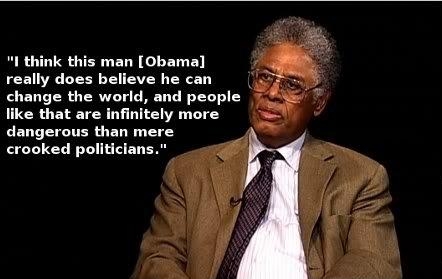 contributed to the destruction of African American families, saying "the black family, which had survived centuries of slavery and discrimination, then began rapidly disintegrating in the liberal welfare state that subsidized unwed pregnancy and changed welfare from an emergency rescue to a way of life.
contributed to the destruction of African American families, saying "the black family, which had survived centuries of slavery and discrimination, then began rapidly disintegrating in the liberal welfare state that subsidized unwed pregnancy and changed welfare from an emergency rescue to a way of life.
The Johnson Administration submitted eighty-seven bills to Congress, and Johnson signed eighty-four, or 96%, arguably the most successful legislative agenda in U.S. Congressional history.
Obama can't get anything passed - Does that say anything?
 Liberal Welfare Programs,
Liberal Welfare Programs,  Obamacare,
Obamacare,  Thomas Sowell on Obamacare in
Thomas Sowell on Obamacare in  Abortion Issues,
Abortion Issues,  American Politics,
American Politics,  Democrat Party,
Democrat Party,  Freedom of Rights,
Freedom of Rights,  Hillary Clinton for President,
Hillary Clinton for President,  Immigration Issues,
Immigration Issues,  Job Opportunities,
Job Opportunities,  NASA,
NASA,  Obama Policies,
Obama Policies,  Obama Presidential Elections,
Obama Presidential Elections,  Obamacare,
Obamacare,  Presidential Campaign,
Presidential Campaign,  Racial Issues,
Racial Issues,  Saul Alinsky,
Saul Alinsky,  U,S, National Debt,
U,S, National Debt,  U.S. Civil Rights,
U.S. Civil Rights,  U.S. Economic Policies,
U.S. Economic Policies,  U.S. Fed Bank Policies,
U.S. Fed Bank Policies,  U.S. History,
U.S. History,  U.S. Monetary Policies,
U.S. Monetary Policies,  U.S. Schools,
U.S. Schools,  U.S. Tax Laws,
U.S. Tax Laws,  U.S. Warfare
U.S. Warfare 




